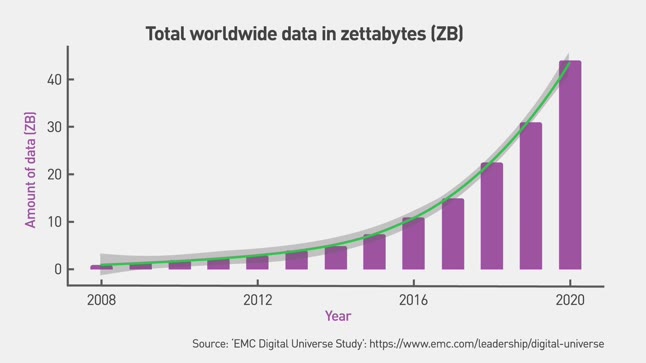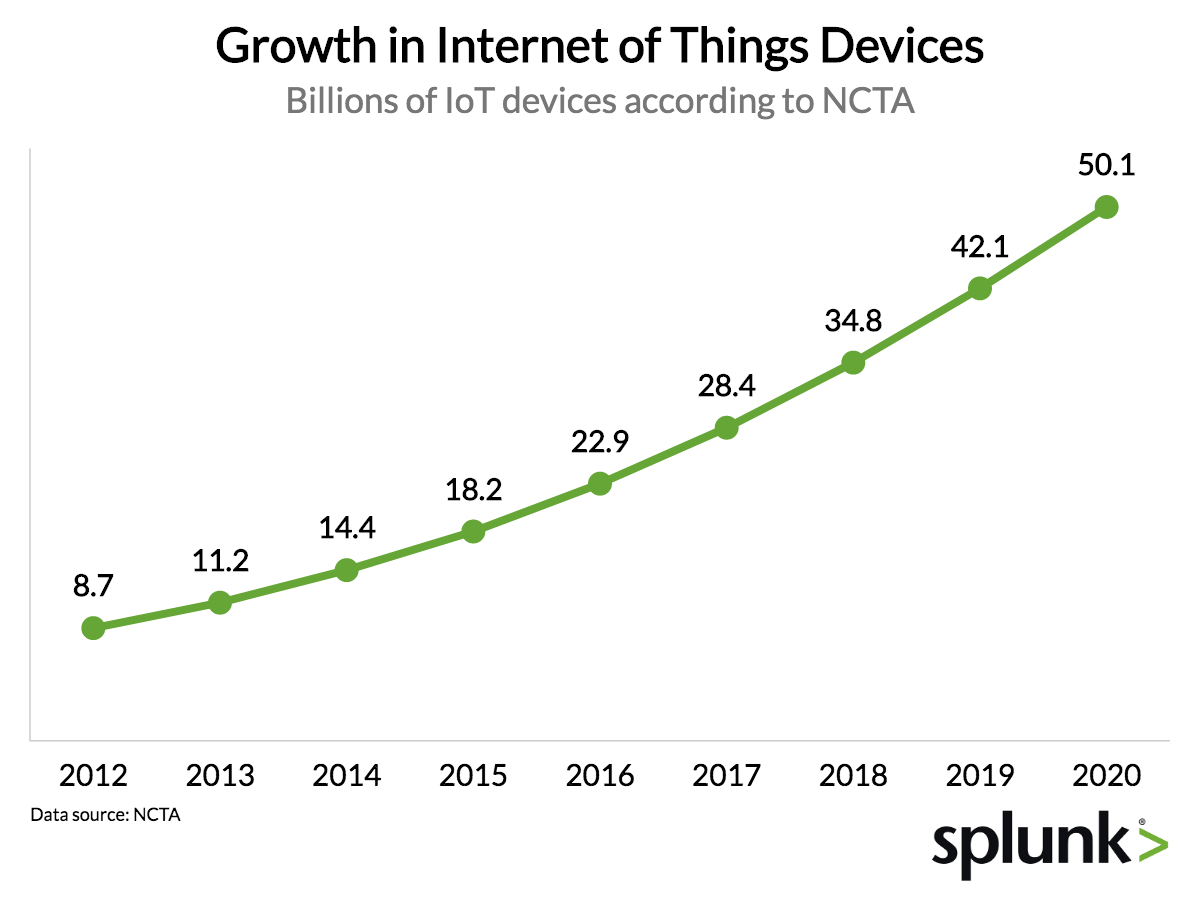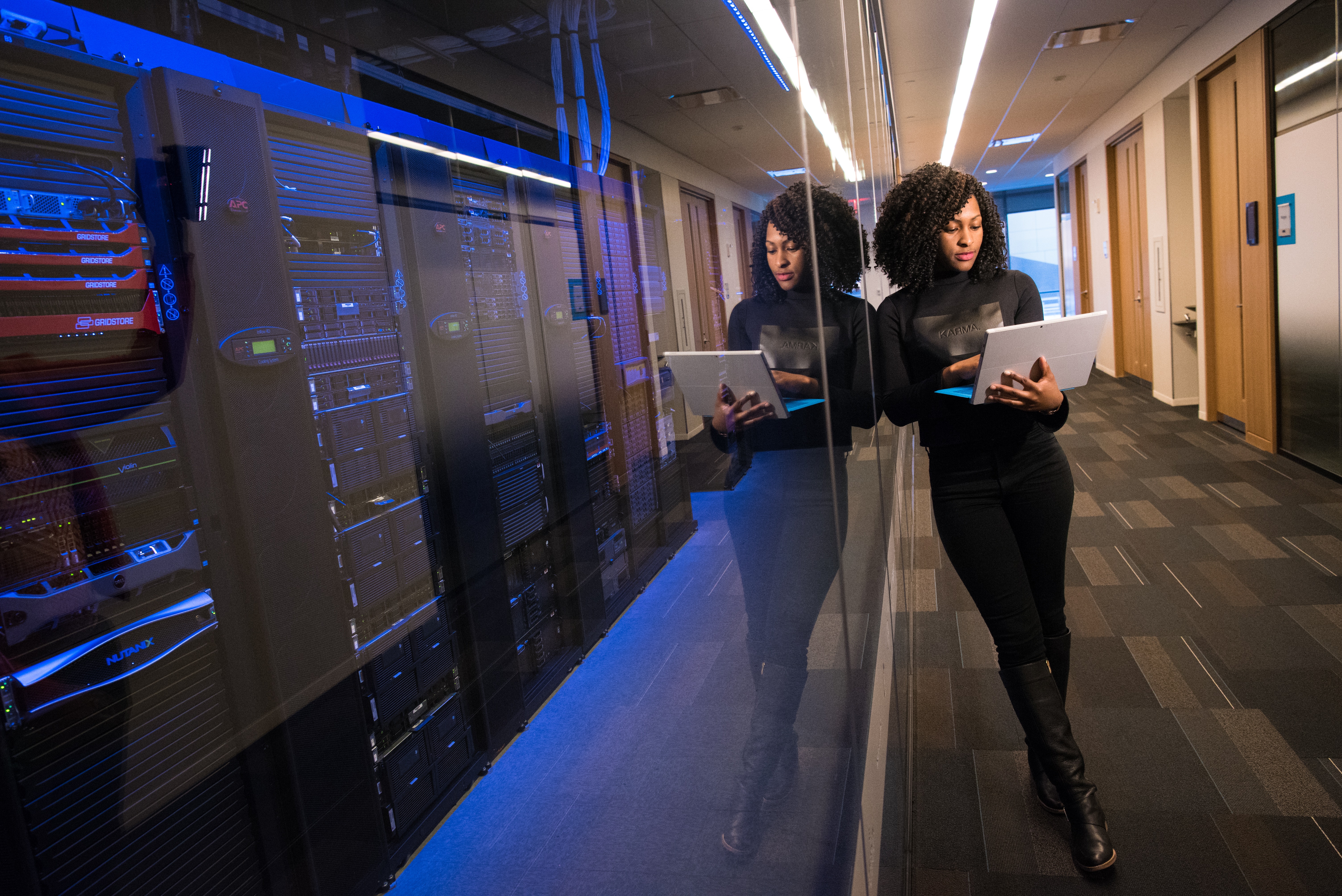A conference by eccentric Russian multimillionaire Dmitry Itskov predicted that we’d reach super-intelligence by 2045. In a simplified model, we need two things to create human-intertwined superintelligence: Immense computing power, and amazing brain-computer interfaces (BCIs).
The immense computing power part is virtually guaranteed, which I’ll talk about in this article. We’ll basically just be waiting for BCIs to catch up.
As Kurzeweil says:
By 2045, “based on conservative estimates of the amount of computation you need to functionally simulate a human brain, we’ll be able to expand the scope of our intelligence a billion-fold.”
So, the question is not will we have the computational power to create superintelligence?, but will we be able to compute consciousness? Giulio Tononi described, essentially, that “consciousness is data.” In order to compute consciousness, then, we need a lot of data about ourselves.
You’ve probably heard the phrase data explosion thrown around, and that’s because that’s a good way of describing it: An exponential, sudden growth of data.

This explosion in data will inevitably continue as we strive for ever more processing power, more connectivity, and more devices. Indeed, statistics back up the increases in power (the cloud), connectivity (5G), and devices (IoT).

This data is coming from billions of individuals like you, with every digital action taken, whether it’s snapping a photo with your smartphone, sending a message, browsing the web, or even just existing, with your devices sending data such as your location and movement.
This data is being used to fuel AI models. AI is like an insatiable, hungry beast: it learns from data, and it needs a lot of it. Brain implants like Neuralink hope to fill the missing link between a powerful AI model that isn’t truly intelligent and one that is – your mind.
However, we’re not quite there yet, although we’re well on our way:
“The next frontier is really the merging of human cognition with machines.”
As we wait for implants to catch up, we’re busy uploading more data about ourselves than we could ever hope to remember: thousands of photos, messages, actions, and locations for every digitally-connected person.
Will this data one day be used to create digital consciousness? Topics like these will be discussed at the next World Data Science Forum, a free event centered on open knowledge sharing and data science for good themes.


